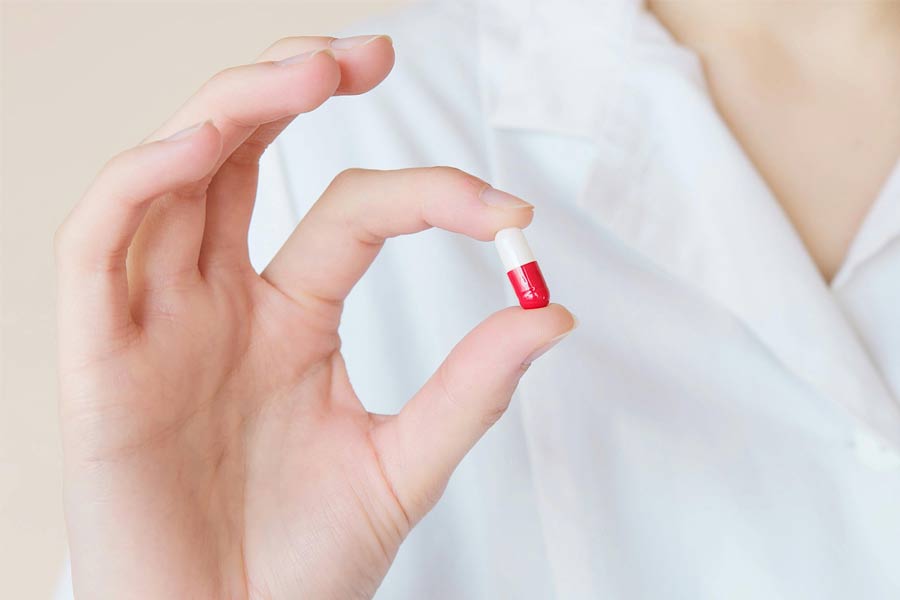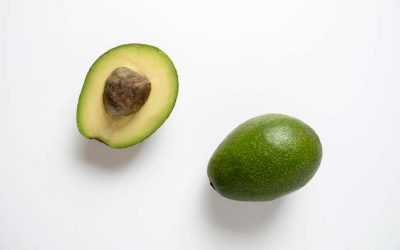We hope you’ve had a chance to download and enjoy the latest issue of Naturally Healthy News magazine. In case you missed it, Issue 48 is out now. If you’re in the UK, don’t forget you can add a copy to your next order at www.goodhealthnaturally.com or read a digital copy from here.
Now, let’s move on to something concerning that recently jumped out at us in the news.
In March, the BMJ published a proposal calling for international consensus to prescribe a daily polypill comprising a fixed-dose combination of statins, blood pressure medication, and aspirin to everyone over 50, regardless of whether they have existing cardiovascular risk factors.
The authors argued that this could reduce heart attacks and strokes on a large scale.
However, their proposal was based largely on one trial from rural Iran involving people aged 50 and above who were followed for five years. No global, diverse population studies. No assessment of long-term side effects. And no consideration for lifestyle interventions.
Perhaps most concerning is that the lead author, Professor Sir Nicholas Wald, is the inventor of the polypill concept, raising serious concerns about bias and conflict of interest.
Nutrition researcher Dr Zoë Harcombe PhD, offered a well-reasoned critique, questioning the ethics of medicating healthy people en masse based on limited evidence. She noted that the BMJ article lacked critical data, such as how many participants stopped taking the pill due to side effects, and that the absolute risk reduction was far lower than headlines suggested.
She also pointed out that none of the authors declared this major conflict of interest regarding the invention of the polypill itself, despite BMJ’s strict policies on transparency.
At Naturally Healthy News, we share Harcombe’s concerns. This proposal is not about prevention through education and empowerment. It’s a worrying move toward normalising pharmaceutical dependence in healthy people based purely on age.
Prevention means addressing diet, exercise, stress, metabolic health, and micronutrient intake, not prescribing lifelong medication with potential side effects to millions of people who may never need it.
Heart Health, Naturally
If you’re looking for safer, natural ways to support cardiovascular wellness, here are some of the most research-backed nutrients to consider:
Coq10 (Ubiquinol) – Supports cellular energy and heart muscle function. Levels naturally decline with age and are depleted further by statins (and potentially this polypill if it gets the go-ahead).
Nattokinase – A natural enzyme that supports healthy circulation and blood flow, and helps maintain normal blood pressure.
Omega-3 Fatty Acids (EPA and DHA) – These essential fats help regulate inflammation, support blood vessel function, and are linked to a lower risk of heart disease.
Magnesium – Crucial for maintaining healthy blood pressure and supporting heart rhythm and muscle function.
True heart health starts with informed choices, not a prescription pad.
Final thoughts:
This debate around the polypill is the latest example of a growing trend toward mass medication and the increasing influence and profit of Big Pharma. It’s essential to consider the long-term implications of such proposals and to remember that good heart health is best supported through natural, lifestyle-based solutions.
References:
For a more detailed look at the BMJ article, you can read it here:
https://www.bmj.com/content/382/bmj.p1847
To explore Zoë Harcombe’s response in full, visit her article here.
https://www.zoeharcombe.com/2025/03/polypill-statins-for-over-50s-says-founder/




